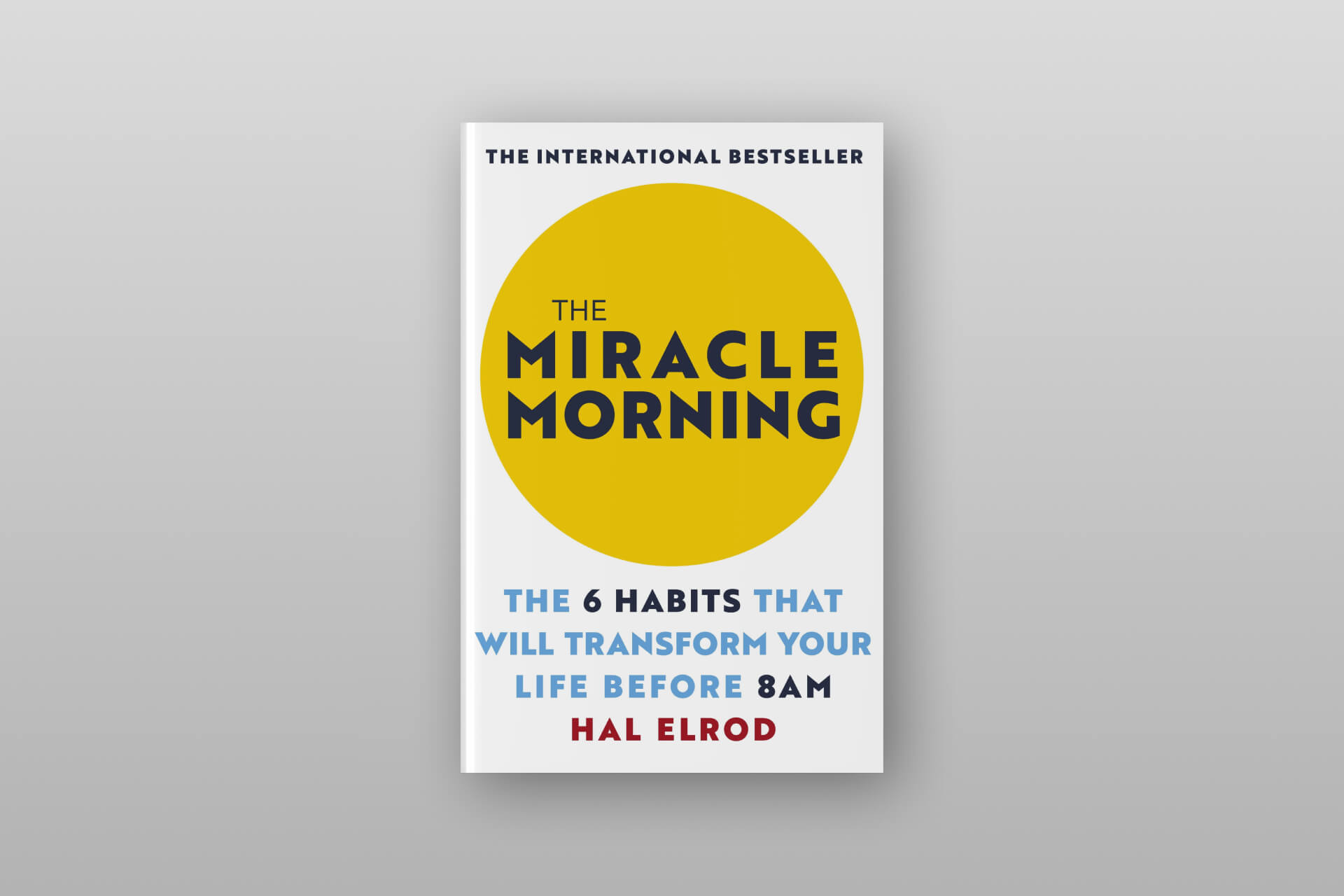At any point in time, I have more books in my library than I can possibly read. Often this makes me commit the practice of book adultery. In my local language, it means I am “ari iyawo ko iyale”. Last Saturday, as I wrote in this post, I bought 7 Rules of Power and a week later I am writing a summary/takeaways […]



